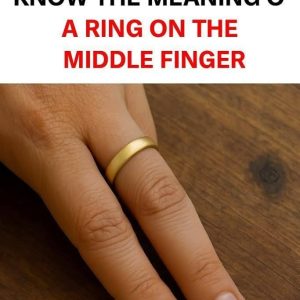When her father announced he was marrying Dana, his much-younger, controlling fiancée, the narrator sensed trouble but still tried to embrace the relationship. Despite Dana’s constant attempts to isolate her from her father and hijack their bonding moments, she stayed polite, even accepting an invitation to stay at their home before the wedding. But on the morning of the big day, she woke up to find herself locked in, her phone and keys taken, and a cruel Post-it from Dana saying, “Don’t take it personally. It’s just not your day.” Dana had planned to hide her away to ensure a perfect, drama-free ceremony—without the reminder of her fiancé’s past life.
However, Dana underestimated one thing: the narrator’s Apple Watch. She messaged her best friend, Tasha, who rushed to her rescue. Together, they arrived mid-ceremony, just as the couple walked down the aisle. Calm and collected, the narrator confronted her father in front of the guests, presenting the note Dana had left. The truth unraveled quickly, as whispers circulated and Dana’s lies collapsed. Her father, realizing the manipulation, stopped the ceremony and walked out. Later, he annulled the marriage and thanked his daughter for revealing Dana’s true nature. The narrator, once labeled dramatic or difficult, finally saw her strength validated. She wasn’t emotional—she was brave. Brave enough to expose the truth, protect her bond with her father, and refuse to be erased from the narrative of his life, no matter how carefully Dana tried to write her out.




